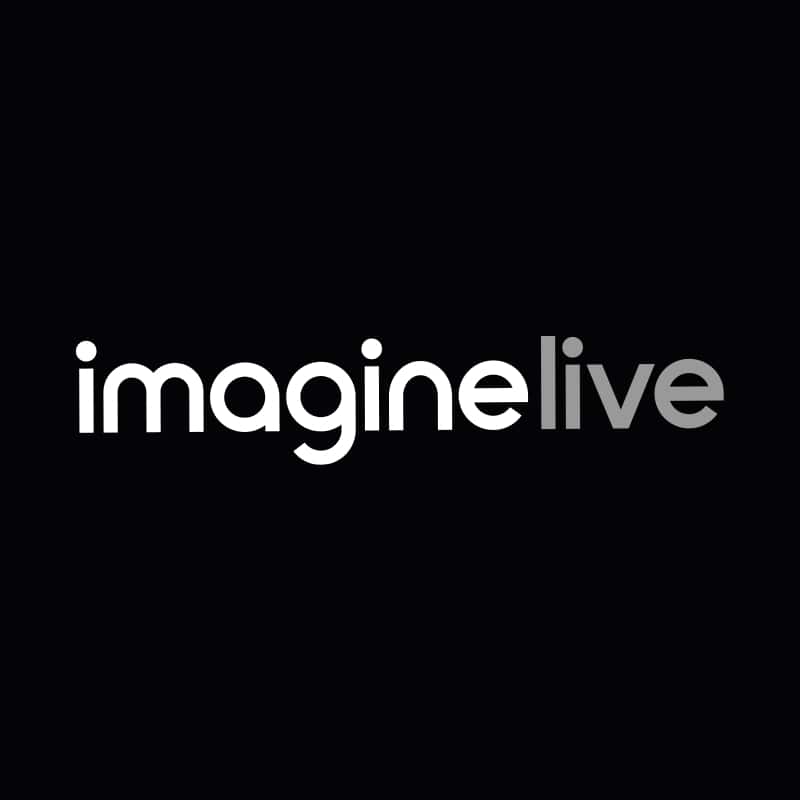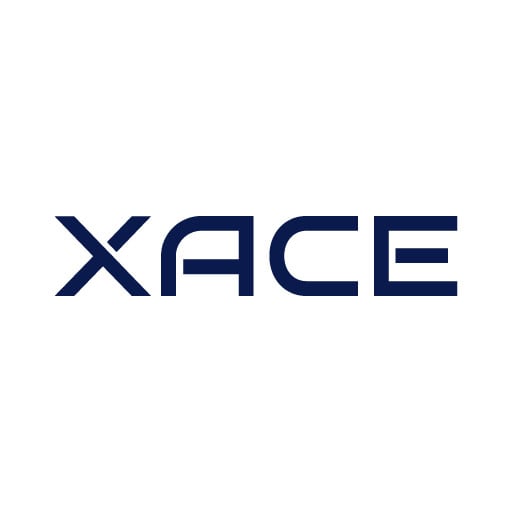How did your involvement with gambling law through WH Partners initially come about? I became interested and involved in the gambling industry’s legal and regulatory side 16 years ago, when the first limited regulatory regime for online sports betting offices was established in Malta. As my background is not only in law, but also in computer science, technology and IP-rich e-commerce and m-commerce business, this became a natural focus for my legal specialisation early on. Remote gaming and its ecosystem, as part of e-commerce and m-commerce, has been a very important focus for our law firm since its establishment.
How frequently do you work with affiliates?
We assist with affiliates on a regular basis in establishing corporate presence, taking care of the contractual relationships, intellectual property protection and other matters.
What are the most common legal and regulatory challenges affiliates and operators face when working together?
In cases where affiliates enter into a contractual relationship with an operator via online terms and conditions, a common concern is that it is not possible to negotiate contract terms. Another point of contention is the lack of a reliable mechanism to verify that the traffic forwarded by an affiliate is correctly tagged and that the commission is calculated correctly.
Operators, on the other hand, face problems when the marketing approach by affiliates is too aggressive or in breach of applicable advertising rules in their target market. Such an approach may expose an operator to an adverse regulatory action. Another problem mentioned often is that affiliates, in their quest to improve their SEO and to increase their commission, register domain names which are derivatives of operators’ trading names or trademarks, thus effectively exploiting operators’ own intellectual property without authorisation and at the same time charging them for it by deriving commission.
How would regulation in this area impact on the market?
I do not think that regulation will be either justified or helpful. I spoke about this at a conference at this year’s ICE Totally Gaming show. Some speakers at that conference presented a view that affiliates need to be protected in a number of ways. This included from being cheated by operators and that affiliates are often not adequately shielded from unscrupulous operators where, for instance, such operators do not tag customers referred to them correctly or where operates do not pay or delay paying commission due to affiliates.
Affiliates should not be entitled to the same protection as consumers precisely because they are not consumersIt is clear that where one party to a contract does not carry out its obligations correctly in a timely manner and in good faith – the other party is prejudiced. However, my question is – how exactly is the affiliate’s position in their relationship with a gaming operator different from the position of a commission agent who forwards traffic to a site of a concert organiser selling tickets to that concert? The event organiser may delay payment of commission or not tag the incoming traffic correctly – does this lead to anyone requiring regulatory measures to protect the commission agent? Not really, and this is because standard laws applicable to contracts and the concept of claim for damages for breach of contract apply. This is without any need for a regulatory overlay. True, sometimes such protection may not be adequate or immediate or cost-effective– but it is there and it has worked for commission agents and all other commercial providers of service. I cannot see why affiliates are different just because their contracting party is a gaming operator.
Why should affiliates not be entitled to the same protections that consumers are entitled to?
The rationale of gaming regulation in a very simplified form is mainly to protect consumers, particularly those that are more vulnerable, as well as to ensure that the gaming sector is free from crime. Affiliates should not be entitled to the same protection as consumers precisely because they are not consumers. Their relationship with an operator is a purely commercial one. As in every business relationship, the only protection available is that which is applicable to all commercial relationships in general. Rather than waiting for some external regulatory protection to be imposed, affiliates should protect themselves. Of course, you would say at this point that this is not always possible, because very often it is a “take it or leave it” situation and no negotiation is possible for affiliate terms and conditions, which is indeed a concern. However, like in every other commercial relationship, no one is forcing the affiliate to enter into a relationship that does not seem fair to him. It is up to the affilia te to evaluate whether to enter into a commercial relationship or not and take a decision.
If regulation is not needed, what can be done to improve transparency in this area?
One should negotiate contractual terms, where possible, requiring putting a tagging and commission verification system to be put in place, providing for a possibility to carry out an independent audit of player tagging and fee calculations. These are just some of the methods. They are, of course, often only possible to implement for a large affiliate. Smaller ones should do their research and check the reputation and track record of operators in dealing with affiliates.
How would you advise an affiliate that has been mistreated, such as an operator not paying the affiliate as it would have previously agreed?
It is always best to try to solve matters amicably at first. If that does not work, then a legal claim may be brought against the operator on the basis of breach of contract. If the option to make use of Alternative Dispute Resolution (ADR) is available, it is even better, as ADR proceedings are cheaper and faster. I believe, though, that the number of claims actually brought by affiliates is much lower than the number of disgruntled affiliates. Affiliates should ask themselves why they are reluctant bringing a claim. I think assessing the root cause of this reluctance and acting upon it may improve the affiliate’s overall standing and chances of success in cases of a default by an operator.
How high on the agenda is regulation to the average affiliate?
I don’t think it is very high on the agenda, and it should not be.
How difficult is it for affiliates to be aware of gambling legislation across different states when going into partnerships with operators?
It is not difficult to be aware. There is plenty of information out there, but information is not always correct or complete or applicable. In any business, one must check about the legislative rules and constraints of doing business before embarking on a venture. Affiliate business is of course not an exception. Affiliates should check what they can and cannot do in their target markets, in particular with respect to the rules applicable to advertising of various types of gambling services. It is also important to ascertain whether the operators they promote are adequately licensed.
What potential changes in gambling law that relate to affiliates could we possibly see in the future? Theoretically, it is possible that some additional rules regulating the relationship between operators and affiliates will be introduced. However, in my view, it is not likely that the rules will be what the affiliates expect – i.e. to “protect” affiliates vis-à-vis operators. It is more likely that we will see more explicit provisions requiring affiliates to conform to more rules than they are subject to today. This includes rules regulating advertising, for instance, to ensure that promotions run by affiliates are not targeted at minors and do not represent gambling as a solution to financial problems.












































